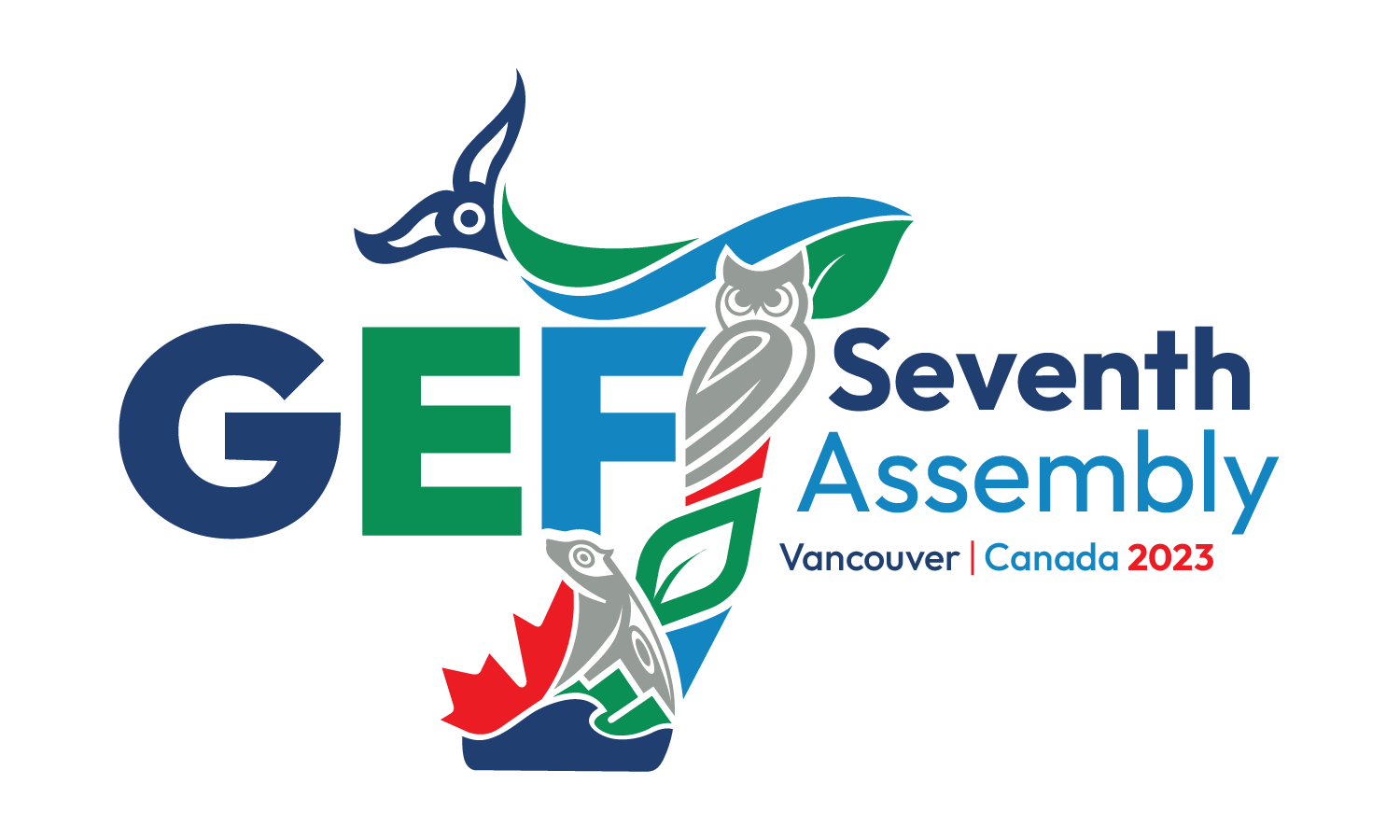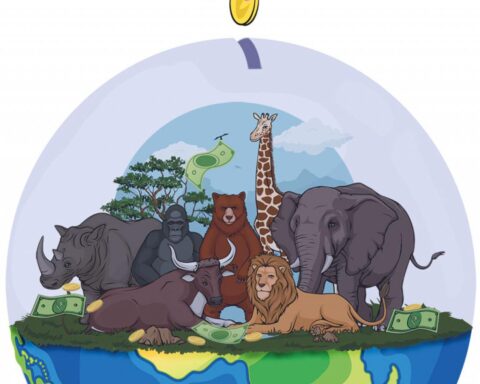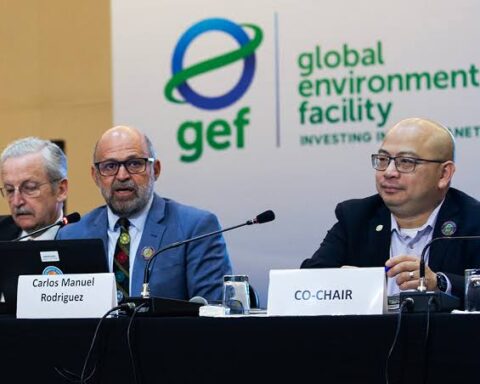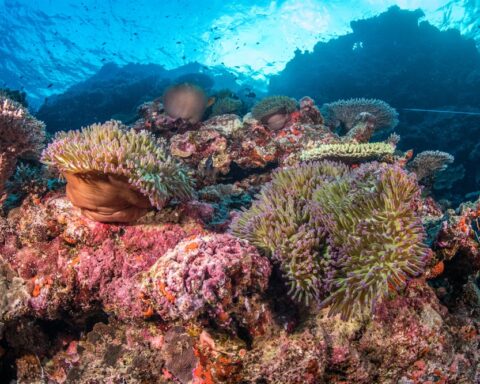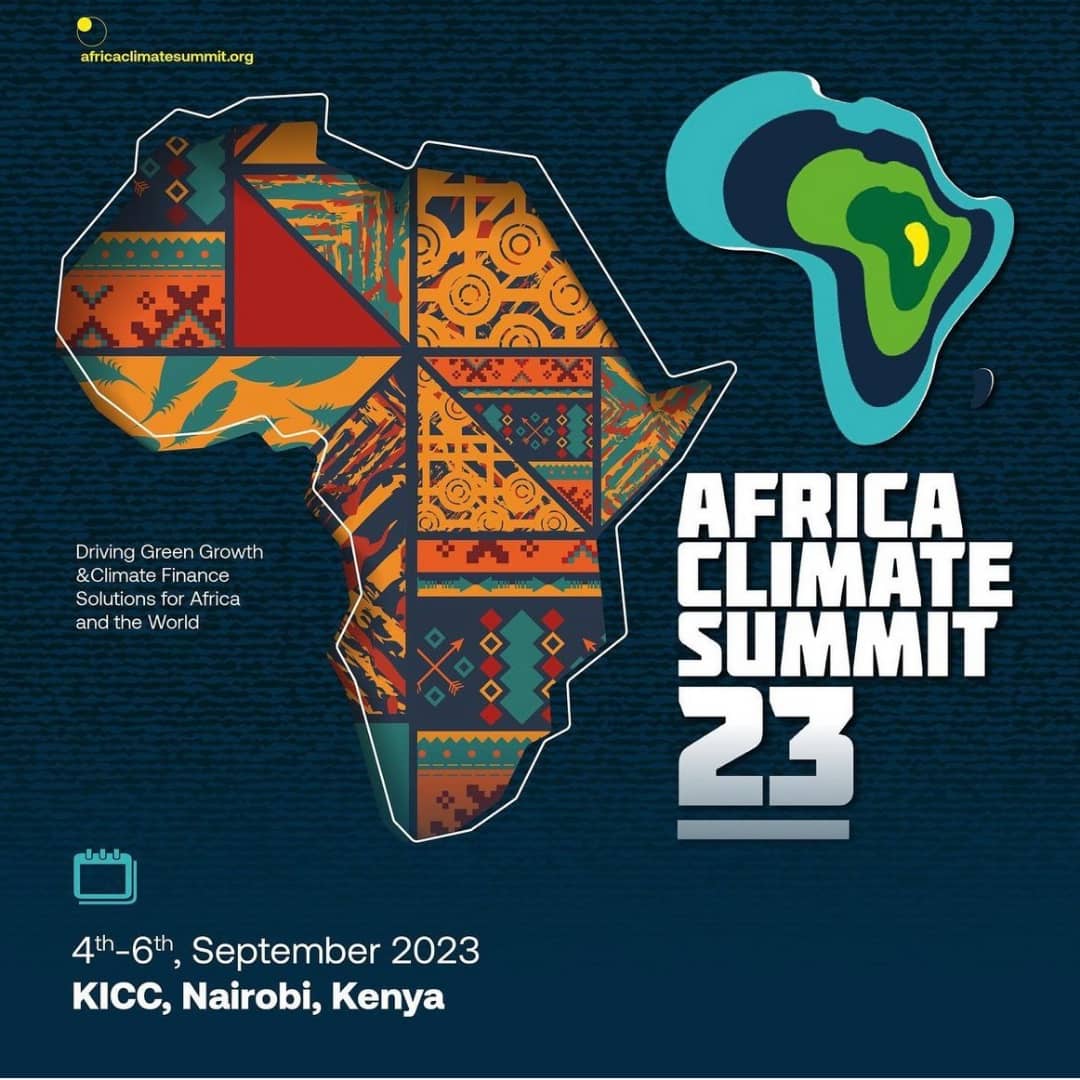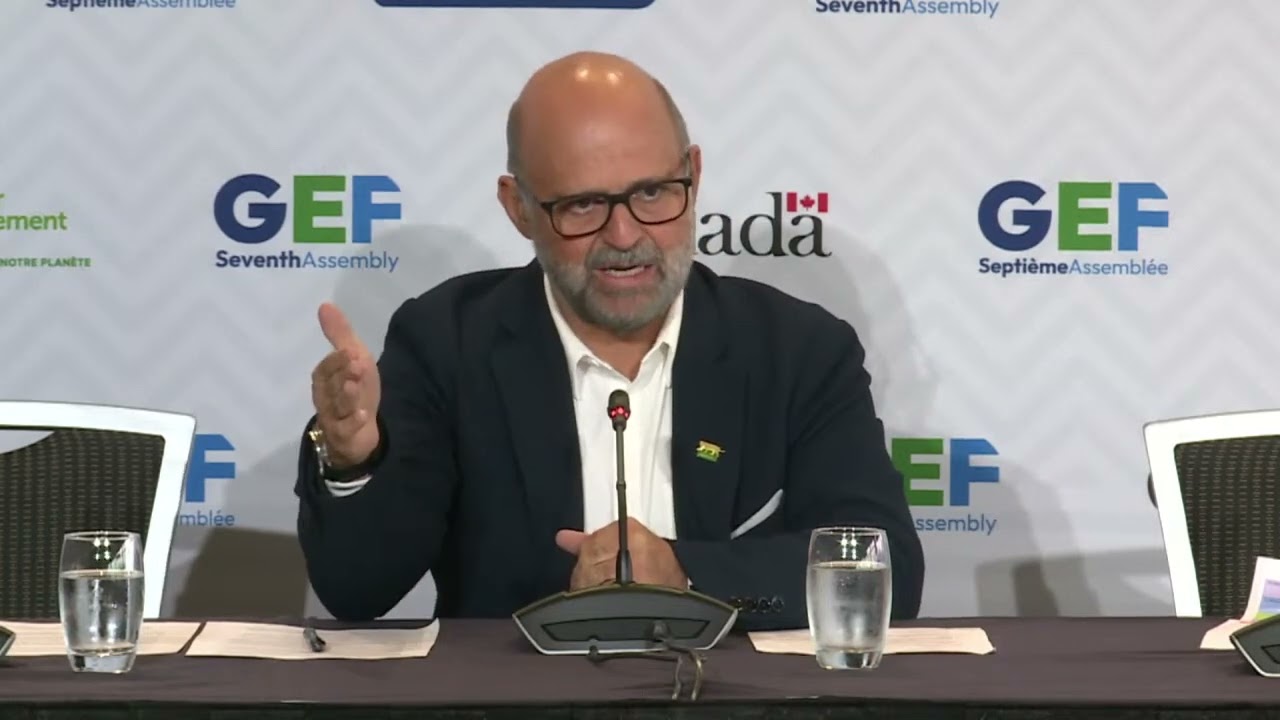The Seventh Assembly of the Global Environment Facility (GEF) begins on Tuesday, August 22, 2023, in Vancouver, Canada with the ratification of the Global Biodiversity Framework Fund (GBFF) which would ensure that sufficient money is available for the conservation and restoration of species and ecosystems, top on the agenda.
Building on recent diplomatic breakthroughs on biodiversity loss, toxic chemicals, and the high seas, the GEF Assembly will be a critical stocktaking for 2030 goals to end pollution and nature loss, combat climate change, and propel inclusive, locally-led conservation.
It is set to include the launch of the Global Biodiversity Framework Fund, a new source of funding for protecting species and ecosystems globally. The GEF was selected to manage the new fund at the COP15 Convention on Biological Diversity summit in December 2022 and its governing Council approved plans for this in June 2023 in Brasilia.
GEF, which is the world’s largest multilateral funder of environmental action, is tasked with running the fund and has to mobilize at least $200 billion per year by 2030, is to ensure that countries have enough financial support to meet the goals and targets set under the Kunming-Montreal Global Biodiversity Framework.
For this, GEF will accept donations from countries, philanthropies, and the private sector, along with stimulating schemes such as payment for ecosystem services, green bonds, biodiversity offsets and credits, and benefit-sharing mechanisms.
Under its current work plan, GEF has just $1.4 billion for action on three major environmental issues: Climate, biodiversity, and pollution. This amount is likely to reach $10.5 billion as GEF plans to generate another $9.1 billion in co-financing from other sources by 2026.
Biodiversity is set to receive the maximum amount — 47 percent — of these funds. Climate change will receive 16 percent, while land degradation will get 12 percent. International waters and chemical waste will get 11 percent and 6 percent, respectively.
These funds would be used to run projects around the world. Nonprofit Avaaz has raised the demand that activities carried out by Indigenous Peoples and Local Communities (IPLCs) be funded through the GBFF too. For this, IPLCs should gain direct access to financing, securing at least 20 percent of funding.
At the moment, less than a percent of funding for climate and biodiversity protection actually reaches Indigenous Peoples even though they manage over at least 43.5 million square kilometers (32 percent of global land) in 87 countries and their livelihoods depend on the ecosystems they inhabit.
The assembly is a four-day event, running from August 22 to August 25. The first two days of the Assembly will see more than 70 side events on different aspects of environmental management. The GBFF will be launched on the 24th. Over the last two days, three plenaries and 11 roundtables will be organized.
The Assembly will bring together ministers, government officials, business leaders, environmentalists, leaders of international agencies, and environmental conventions along with representatives of youth groups, civil society, and Indigenous Peoples to discuss solutions to ensure a healthy planet with healthy people.
The gathering is taking place at a time when wildfires are raging in British Columbia, the province that is hosting the GEF Assembly. The Assembly is meeting after five years due to disruption caused by the COVID-19 pandemic. The meeting generally takes place every 4 years.
Only one more Assembly can be expected before 2030, the date by which the United Nations-mandated Sustainable Development Goals should be achieved, as well as the end date of the Kunming-Montreal Global Biodiversity Framework. The momentum set in Vancouver is therefore crucial for achieving the goals.
By Dare Akogun


